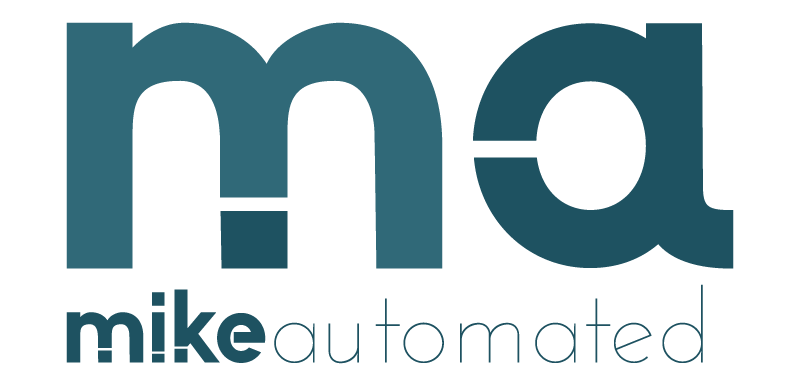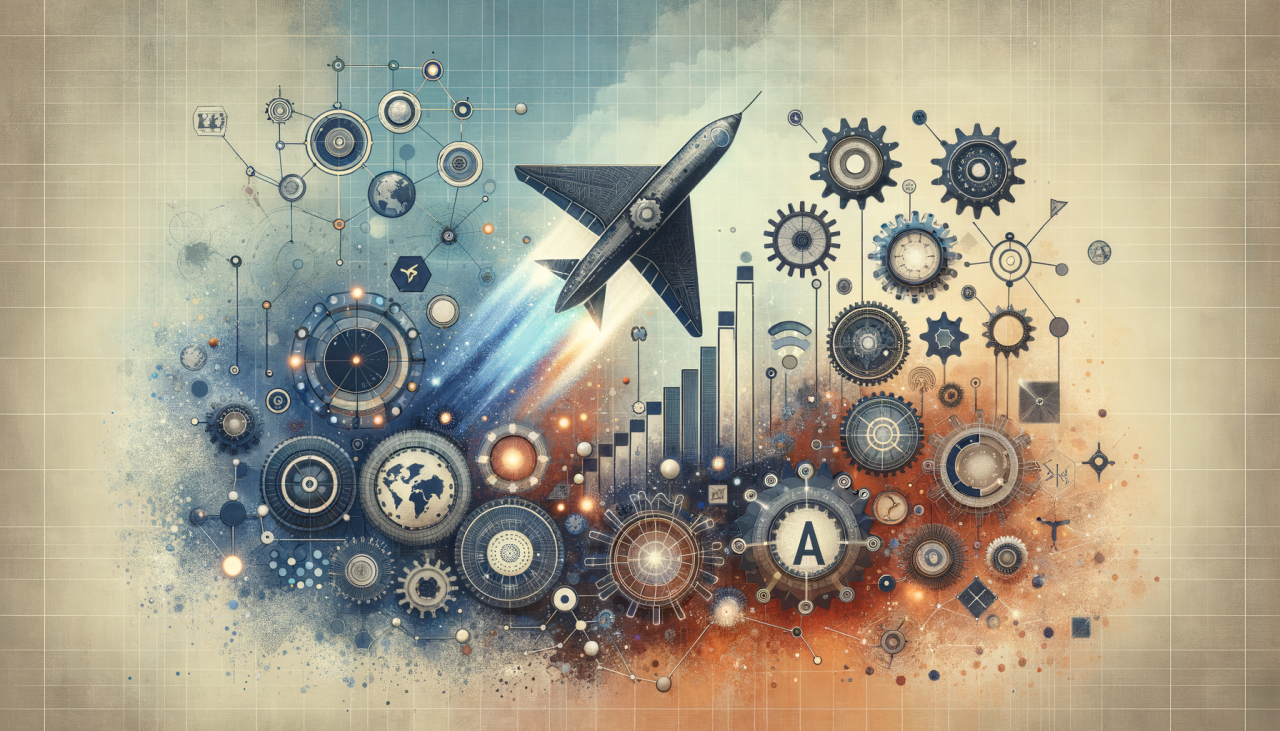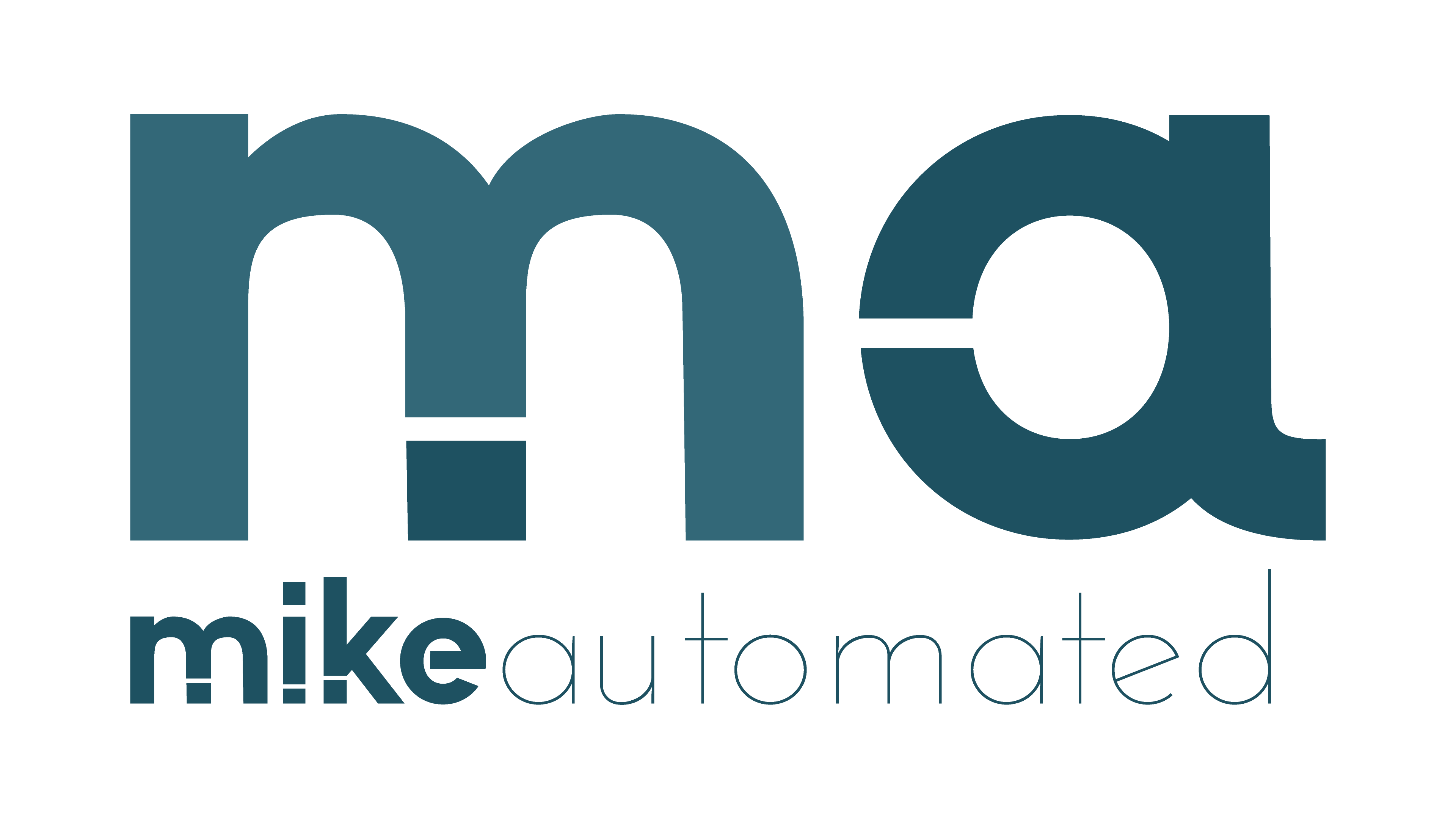TL;DR:
- AI transforms aerospace marketing by automating supply chain efficiency and enhancing customer experiences.
- Predictive analytics improves decision-making for supply chain management and demand forecasting in aviation.
- Personalized marketing campaigns driven by AI increase customer engagement and satisfaction among aerospace clients.
- AI chatbots streamline communication with customers and partners, ensuring 24/7 availability.
- Data-driven strategies empower businesses to stay competitive in a rapidly evolving aerospace market.
The aerospace industry is a technological marvel, driven by precision, reliability, and advanced innovation. In recent years, AI has emerged as a game changer for how companies approach marketing, logistics, and customer engagement. By leveraging artificial intelligence to streamline supply chain operations and improve customer experiences, aerospace brands can optimize their strategies, reduce costs, and deliver unparalleled value to clients.
How AI Streamlines Aerospace Supply Chain Operations
Effective supply chain management is critical in the aerospace industry, where precision is non-negotiable. AI is disrupting traditional methodologies by enabling smarter, faster, and more accurate operations.
Predictive Analytics for Demand Forecasting
AI-powered predictive analytics helps aerospace companies accurately forecast demand for parts, components, and services. Machine learning models analyze historical data, market trends, and external factors, ensuring that inventory aligns with operational needs. This level of precision reduces inventory waste and prevents costly delays caused by parts shortages.
Optimized Procurement and Supplier Management
AI simplifies procurement processes by identifying the best suppliers based on cost, delivery timelines, and quality metrics. Aerospace companies can use AI tools to negotiate contracts, track supplier performance, and ensure compliance with regulatory standards—key factors in maintaining operational excellence.
Real-Time Logistics and Tracking
By incorporating IoT sensors and AI systems, businesses can monitor the real-time movement of aerospace components. These tools alert supply chain managers about potential disruptions, such as weather conditions or transport delays, allowing for proactive decision-making. AI ensures minimal downtime and increased efficiency in project timelines.
Example: A leading aerospace manufacturer partnered with an AI logistics platform to automate shipment tracking across multiple suppliers. As a result, the company reduced supply chain delays by 30% within six months.
How AI Enhances Customer Experiences in Aerospace
Customer satisfaction is increasingly important, even in technically complex industries like aerospace. AI-driven solutions ensure that businesses understand client expectations and deliver personalized, value-driven services.
Personalized Marketing Campaigns
AI algorithms analyze customer behavior, purchasing patterns, and feedback to create hyper-targeted marketing campaigns. Aerospace companies can use these insights to offer tailored solutions, such as maintenance contracts or component upgrades, based on specific customer needs.
For example, an airline seeking predictive maintenance services may receive targeted content showcasing the latest AI tools that improve fleet efficiency. This sort of customization builds lasting customer relationships and enhances loyalty.
AI-Powered Customer Support
Chatbots and virtual assistants powered by AI can handle routine queries, such as maintenance schedules or order tracking, 24/7. These tools free up human representatives to focus on complex issues, reducing response times and improving overall customer satisfaction. Additionally, multilingual AI systems ensure seamless communication with global clients.
Enhanced Aftermarket Services
AI helps aerospace companies optimize aftermarket services by predicting clients’ future needs. For instance, predictive maintenance platforms use data from sensors on aircraft to recommend part replacements or repairs before issues arise. This proactive approach minimizes downtime and ensures client confidence.
Data-Driven Decision Making for Better Outcomes
One of AI’s greatest strengths is its ability to process vast amounts of data to reveal actionable insights. In aerospace marketing, this data-driven approach translates into smarter decisions and tangible business results.
Analyzing Market Trends
AI tools can analyze global market trends, geopolitical developments, and industry news to help aerospace companies adapt their marketing strategies. For instance, an AI platform might predict a surge in demand for commercial aircraft due to expanding airline fleets in a particular region, allowing manufacturers to target these markets effectively.
Improving ROI on Marketing Spend
Through detailed performance metrics, AI platforms help aerospace companies allocate their marketing budgets to channels that deliver maximum returns. These tools can identify which campaigns drive the highest engagement, helping businesses optimize their spending for greater efficiency.
Competitor Benchmarking
AI systems can track competitor activity and benchmark performance against industry standards, offering valuable insights into areas for improvement. For example, an AI platform might identify that competitors are investing heavily in green aviation technologies, prompting a company to adjust its messaging to highlight sustainability efforts.
Visualizing AI-Driven Aerospace Marketing Strategies
Suggested Visual: An infographic illustrating how AI impacts different facets of aerospace marketing. For example:
- A flowchart showing AI integration in supply chain management, customer engagement, and data analysis.
- A pie chart comparing traditional vs. AI-powered marketing ROI improvements.
This visual would make it easier for the reader to understand the multifaceted impact of AI solutions.
Future Trends: The Role of AI in Aerospace Marketing
The potential of AI in aerospace marketing is still being realized. Emerging trends include:
- Green aviation solutions: AI tools will help companies market new eco-friendly technologies effectively.
- Expansion of AR/VR experiences: Virtual reality platforms powered by AI will allow clients to experience simulations of products and services, such as cockpit designs or engine functionality.
- Hyper-personalization: As AI systems become more advanced, marketing campaigns will evolve to cater to each client’s unique challenges and goals.
Companies that adopt these trends early will position themselves as pioneers in the competitive aerospace industry.
Conclusion
AI is transforming the way aerospace companies approach marketing, enabling them to streamline supply chain operations, enhance customer experiences, and make data-driven decisions. Businesses leveraging AI tools see tangible benefits such as improved efficiency, higher customer satisfaction, and stronger ROI. By staying ahead of AI trends, aerospace brands can ensure they remain competitive in an industry characterized by innovation and complexity.
Call-to-action: Interested in integrating AI solutions into your aerospace marketing strategy? Contact us today to learn how we can help your business take flight in the age of innovation.



